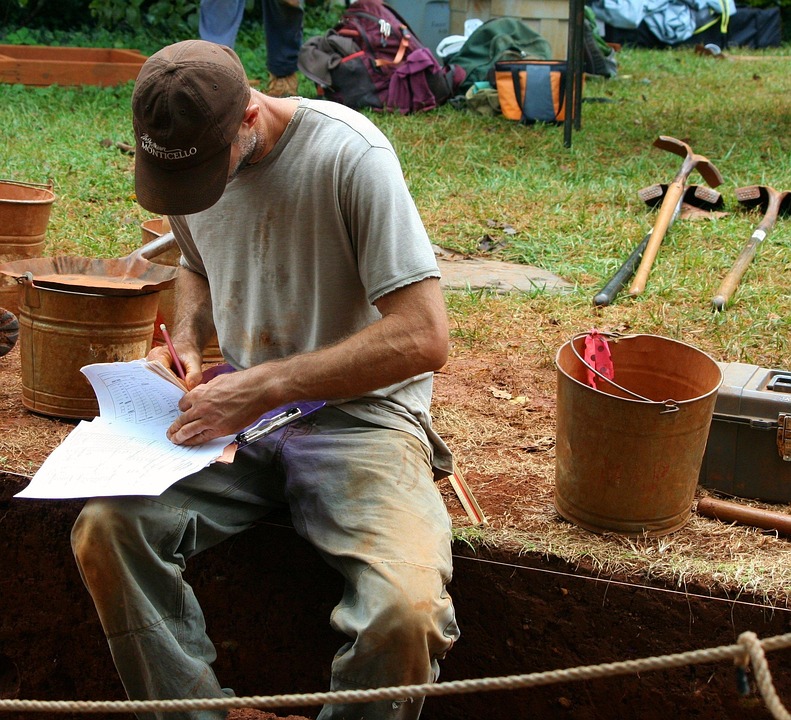Essential Skills and Responsibilities for Archaeologists: A Shortage Occupation with Growing Career Prospects
Archaeology, often romanticised as the pursuit of lost treasures and ancient mysteries, is, in reality, a complex and intellectually demanding discipline. Amidst a backdrop of rapid technological advancement and an ever-growing appreciation for cultural heritage, the field of archaeology is experiencing a notable surge in career prospects. Yet, it is not without its challenges, particularly in terms of skill shortages.
The Skill Set: More than Just a Spade
-
Critical Thinking and Analytical Skills
The heart of archaeology lies in the ability to analyse data critically. An archaeologist must sift through layers of soil, each representing centuries of history, and extract meaningful insights. This requires a keen analytical mind capable of drawing connections between disparate findings. How does one determine the significance of a fragment of pottery? It is through a combination of observation, research, and inference that archaeologists piece together narratives of the past. -
Technical Proficiency
In an age where technology permeates every aspect of our lives, archaeologists are increasingly expected to wield advanced tools and software. Geographic Information Systems (GIS), for instance, have revolutionised the way we map archaeological sites and analyse spatial data. Furthermore, skills in digital imaging and 3D modelling are becoming invaluable. The question arises: how can one remain competitive in such a tech-driven landscape without embracing these tools? -
Communication Skills
A less recognised, yet equally vital, skill is the ability to communicate findings effectively. Archaeologists must often translate complex data into accessible language for diverse audiences, including academics, policymakers, and the general public. Public engagement is crucial — how can we foster a collective appreciation for heritage if the narratives remain locked within academic circles?
Responsibilities: Beyond Excavation
-
Fieldwork and Site Management
While the image of an archaeologist is often that of a lone figure digging in the dirt, the reality is that fieldwork entails much more. Site management involves planning, overseeing excavations, and ensuring that research is conducted ethically and sustainably. As sites face increasing threats from urban development and climate change, archaeologists must advocate for preservation. -
Research and Documentation
The responsibilities do not end at excavation. Comprehensive documentation is essential — from catalogue-ing artefacts to publishing findings. Each item recovered must be meticulously recorded, contributing to a broader understanding of our shared history. How often do we consider the stories behind the artefacts displayed in museums? This documentation not only preserves knowledge but also informs future research. -
Collaboration and Interdisciplinary Work
Modern archaeology is inherently collaborative. Whether working with historians, conservationists, or indigenous communities, the ability to work well with others is paramount. Interdisciplinary approaches enrich archaeological research, opening avenues for innovative methodologies. This begs the question: how can we better integrate diverse perspectives to enhance our understanding of the past?
Looking Ahead: A Promising Future
The future of archaeology is bright, with a growing recognition of its value in understanding cultural heritage and history. As society grapples with issues such as identity and heritage preservation, the demand for skilled archaeologists is likely to increase. With this demand, however, comes the responsibility to ensure that the next generation is equipped with the necessary skills and knowledge.
In this evolving landscape, platforms like Visajob.co.uk are poised to support aspiring archaeologists in navigating the complexities of securing employment in the UK, particularly in roles that require sponsorship. As the field continues to grow, so too does the opportunity for those ready to embrace its challenges and rewards. The past is waiting to be uncovered — are you ready to take the plunge?




